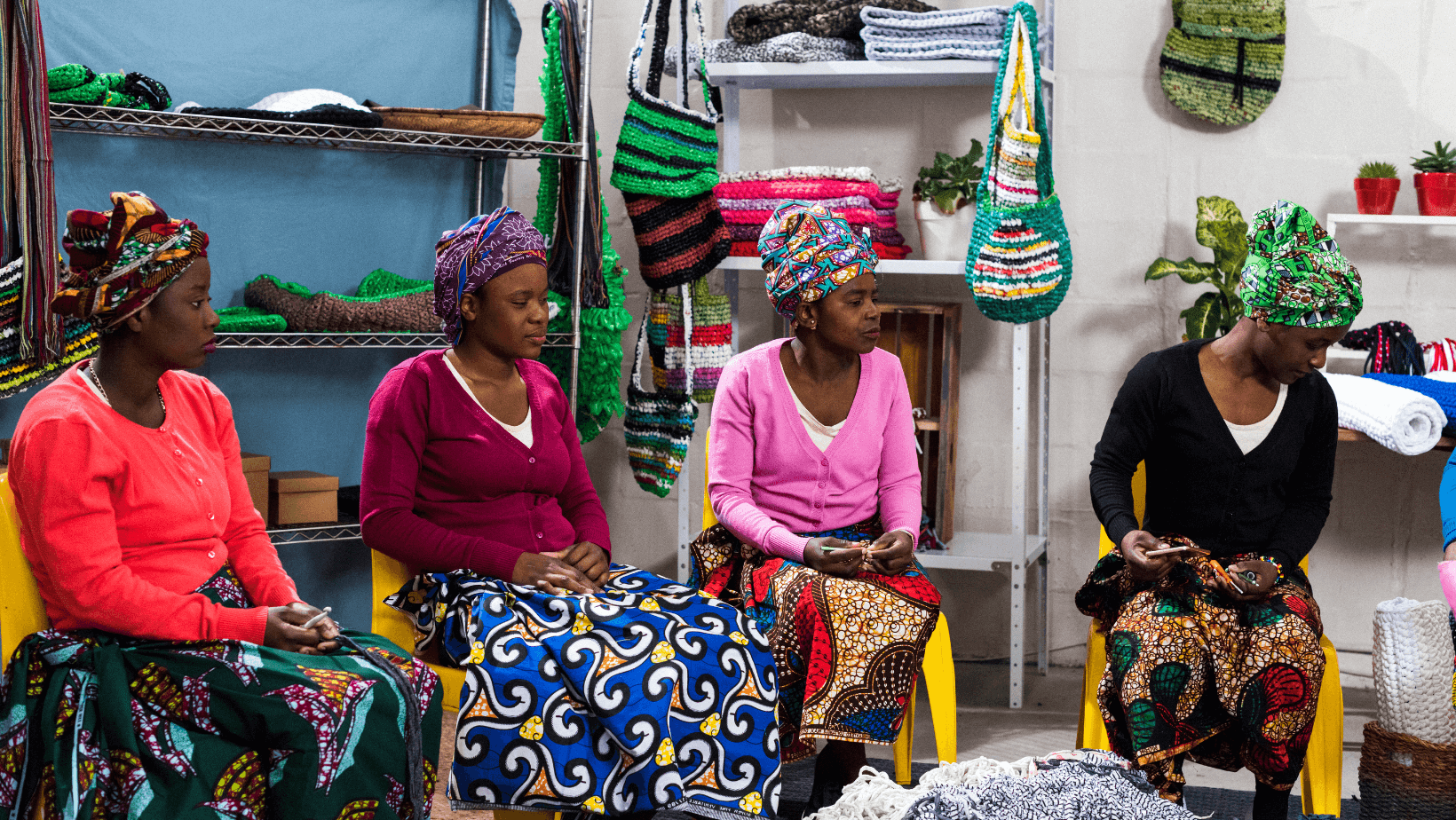Microfinance initiatives offer more than just material benefits; they can also address issues
associated with “non-material” poverty, which includes social and psychological effects that
prevent people from realizing their potential.
Microfinance initiatives individually and collectively empower people. A steady income, a
savings account, training, and the discipline to honour loan repayments usually raise the self-
esteem and status of clients, in societies where they are often treated as second-class
citizens. MFIs often utilize microfinance groups to provide training in financial management,
legal rights, business management, as well as other support services.
Principles of collective organization and solidarity empowered people to bargain for higher
wages, better work conditions, health services, child-care, and common forms of insurance to
protect their lives and livelihoods. MFI participants, especially women, are often empowered
to speak out more, assume leadership roles, and address issues beyond their workplace, such
as domestic violence.
For many women, the group is the first opportunity to meet formally with other women to
discuss problems and develop joint action. The groups serve as a channel of information. For
example, members may tell each other about counselling services that have been established
for women victims of violence and drug and alcohol addicts. Many women participants
experience a change in their household and community status. Some experience an increase
in financial responsibilities when their husbands noticed that they are involved in lucrative
activities.
CAUTION: Borrowing more than you can afford to repay can lead to severe financial difficulties.
Article Extract Credit: MICROFINANCE IN AFRICA – the United Nations
Article Title: Microfinance in Africa: Combining the Best Practices of Traditional and Modern Microfinance Approaches towards
Poverty Eradication
_____________________________________________________________________________________________________
Calgagovski J., V. Gabor, M.C.Germany and C.Humphreys 1991. “Africa’s Financing Needs in the 1990s” in I.Hussain and J.
Underwood (eds), African External Finance, World Bank, Washington D.C.
https://www.un.org/esa/africa/microfinanceinafrica.pdf

